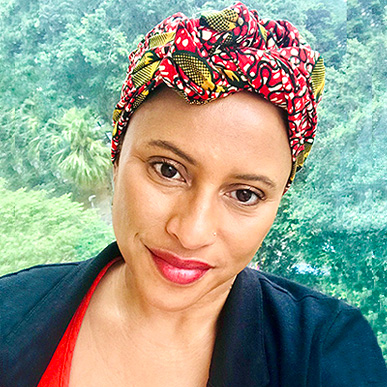Dominique Somda: Truth-telling, secret-keeping. The ethics and politics of concealment


HUMA Doctoral Seminar Series
The presentation will examine the politics and ethics of renaming in academic writings from an anthropologist's perspective. What do we sacrifice when we obscure part of our data? What happens when we anonymise the people we encounter, the places we observe? How do we choose pseudonyms and cryptonyms to dissimulate identities, genealogies, and locations? Which rules do we transgress when we transform biographies to make individuals unrecognisable? We have to decide between the academic injunction to be truth-tellers – or the moral imperative to bear witness to injustices – and our obligation to protect the dignity and ensure the safety of the communities, families, and individuals about whom we are writing. Our codes of ethics seem to indicate clear priorities ('we shall not harm"), but how do we make difficult decisions in ambiguous contexts? In this seminar, Dominique Somda will critically reflect on her long engagement with the secret of slavery in the south-east of Madagascar and her own ethnographic and discursive strategies and praxis. This presentation is an invitation to assess the social impact of our research, the values it upholds, and what we owe to others beyond any procedural ethics.

About the speaker: Dominique Somda is a sociocultural anthropologist and a junior research fellow at HUMA. She received a PhD in Anthropology from the University of Paris Nanterre, France as a Laboratoire d'Ethnologie et de Sociologie Comparative member. As a postdoctoral researcher, she held visiting positions at the Fondation des Maisons des Sciences de l'Homme (FMSH) in Paris and at the London School of Economics, UK. She later taught anthropology as a visiting professor at the University of Pennsylvania, US and Reed College in Portland, US. More recently, she was a travelling faculty with the comparative study abroad programs IHP Cities and IHP Human Rights (School for International Training, US). Her work focuses on how inequality − or conversely egalitarianism − emerges through everyday practices, a thematic interest that has also led her to engage with the anthropology of slavery, democracy, Christianity, and feminist and postcolonial studies. At HUMA, she explores the religious ethics of Artificial intelligence in African faith-based healthcare systems.